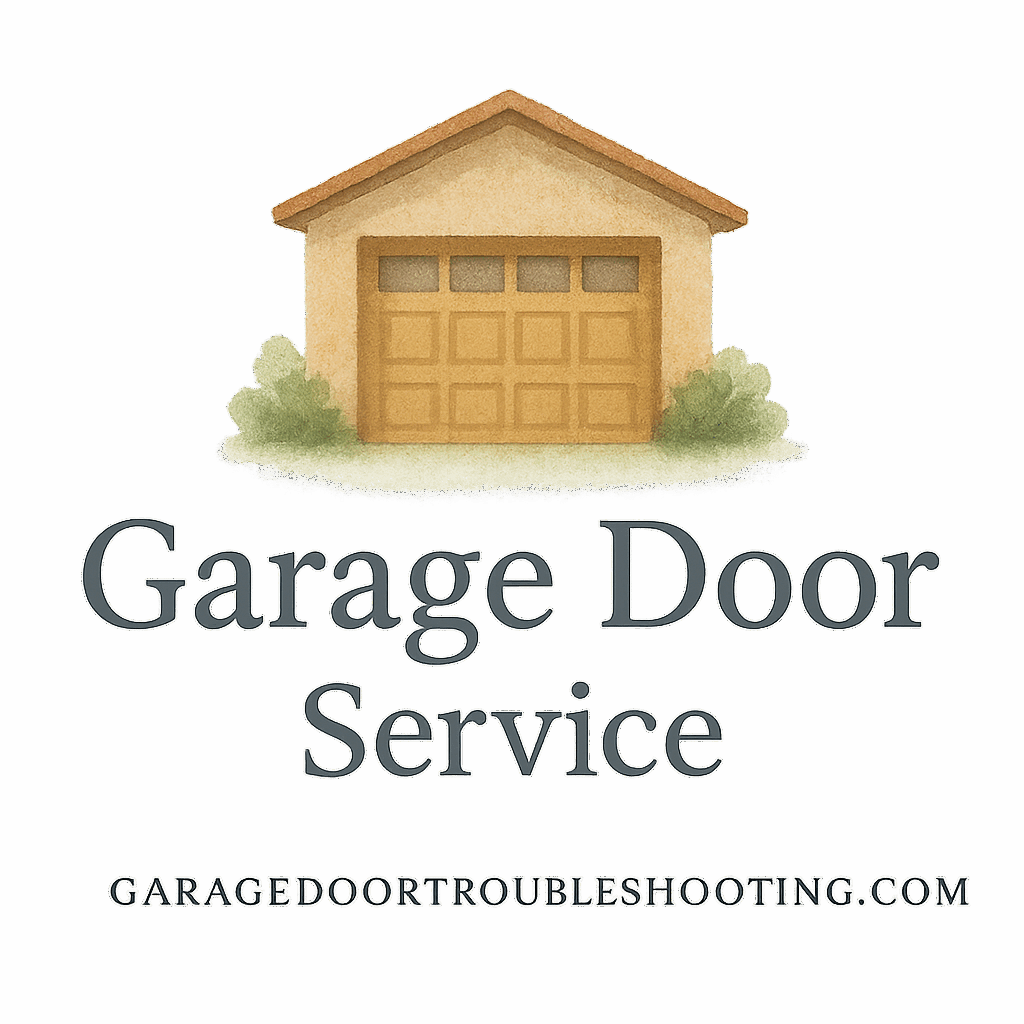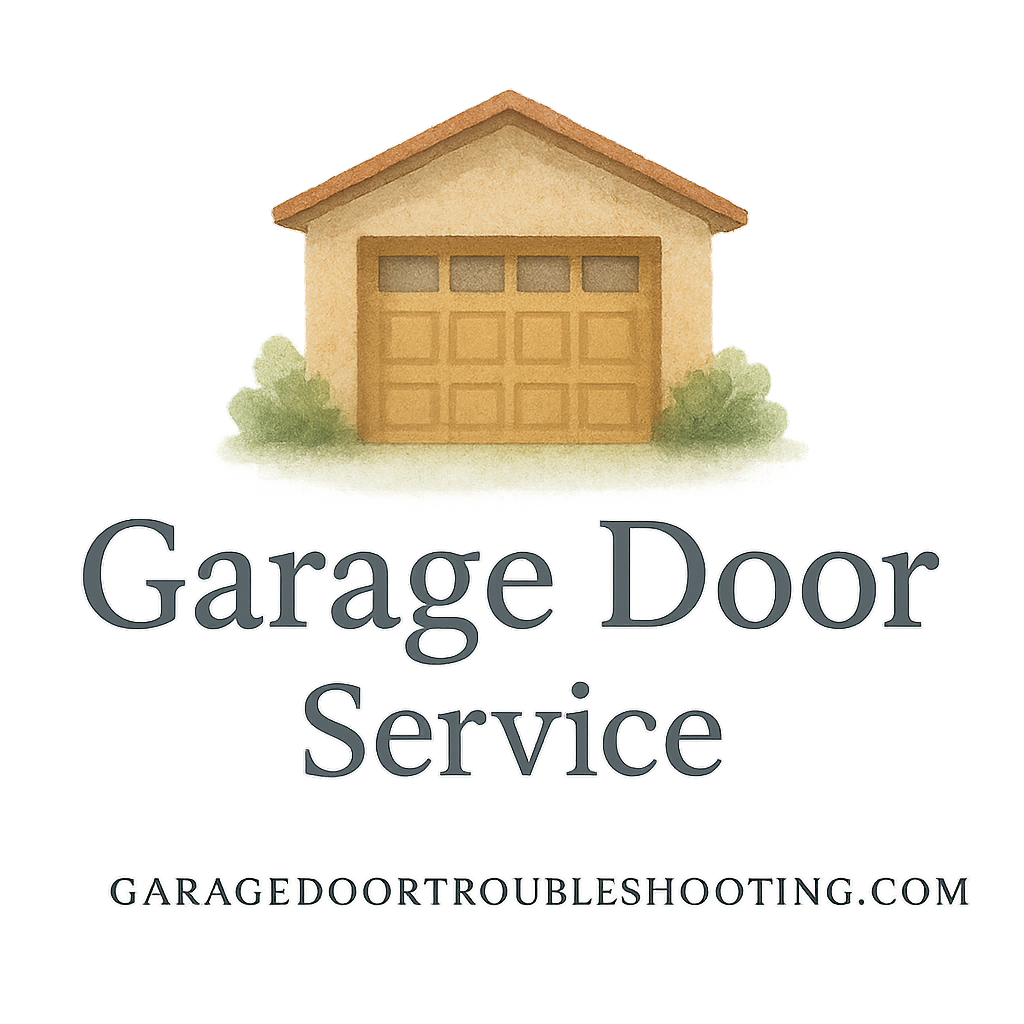Introduction: Why Your Garage Door Needs Daily Care
When was the last time you thought about your garage door? If you’re like most homeowners, probably not until it made a strange sound or refused to open. The truth is, your garage door is one of the hardest-working systems in your home. It moves up and down multiple times a day, protects your car and belongings, and even adds to your home’s curb appeal. But here’s the kicker: just like brushing your teeth keeps cavities away, a few simple daily habits can minimize garage door repairs and extend its lifespan.
Habit 1: Keep the Garage Door Area Clear
Why Clutter is a Hidden Enemy
A messy garage isn’t just inconvenient—it’s dangerous for your garage door. Boxes stacked too close, bikes leaning against the rails, or tools scattered near the tracks can easily interfere with the door’s movement. Over time, even minor obstructions can bend tracks, knock sensors out of alignment, or damage the bottom seal.
How to Create a Safe Perimeter
Give your garage door a “comfort zone.” Think of it like a landing strip—free of clutter, bikes, or storage bins. A good rule of thumb is to keep at least three feet of space around the door tracks and sensors. This habit alone can save you costly repairs down the road.
Habit 2: Perform a Quick Visual Check Every Day
Signs of Early Damage You Shouldn’t Ignore
Take 30 seconds to look at your door as it opens and closes. Are the cables fraying? Do you see rust on the springs? Is the weather seal cracked? Early detection of these small issues can prevent them from becoming big, expensive problems.
When to Call a Professional After a Visual Check
If you notice misaligned tracks, broken springs, or loose bolts, it’s time to bring in the pros. DIY might be tempting, but certain repairs fall under the category of dangerous repairs. For those, professional help isn’t optional—it’s essential.
Habit 3: Listen for Strange Noises
What Normal Sounds vs. Problematic Sounds Mean
A well-maintained garage door should operate with a steady hum or soft mechanical sound. If you start hearing grinding, squeaking, or banging, that’s your door’s way of crying for help.
How Noise Can Predict Costly Repairs
Unusual sounds often signal bigger problems, like worn rollers, loose hardware, or lack of lubrication. Ignoring these sounds can mean the difference between tightening a bolt and replacing an entire track system.

Habit 4: Operate the Door Gently
Why Rough Handling Shortens Lifespan
Slamming the garage door button multiple times in frustration or trying to force the door open when it’s stuck is like revving your car engine when the oil light is on—it only makes things worse.
Tips for Smooth Daily Operation
Teach family members to press the opener button once and wait patiently. If the door seems sluggish, don’t push it—investigate or call for help. This small act of patience helps prevent strain on the motor and springs.
Habit 5: Wipe and Clean Tracks and Sensors
Dirt, Dust, and Sensor Blockages
Your garage is a magnet for dust, cobwebs, and debris. If dirt builds up on the tracks or sensors, it can cause misalignment, jerky door movements, or even complete malfunctions.
How to Make Cleaning a Quick Routine
Every evening, take a soft cloth or brush and give the tracks and photo-eye sensors a quick wipe. It’s as easy as wiping down your kitchen counter, yet it keeps your door running smoothly. For more structured advice, check out these garage door maintenance tips.
Habit 6: Test Safety Features Regularly
Reversing Mechanism and Sensor Check
Modern garage doors come with built-in safety features, like auto-reverse mechanisms and infrared sensors. Place a small object under the door and try closing it. Does it reverse immediately? If not, that’s a red flag.
Protecting Your Family and Investment
This habit isn’t just about saving money—it’s about protecting your loved ones. Faulty safety features can pose risks to children and pets. Learn more about garage door safety and security to stay prepared.
The Connection Between Daily Habits and Long-Term Maintenance
Think of these six habits as your garage door’s daily vitamins. They don’t replace annual checkups, but they strengthen the system and reduce the risk of sudden breakdowns. Just like regular exercise makes doctor visits less frequent, these small routines delay costly repairs.
When Small Daily Actions Aren’t Enough
The Role of Professional Garage Door Services
Even with perfect habits, your garage door still needs professional care from time to time. Annual inspections, tune-ups, and part replacements should be done by certified technicians. Explore garage door services professionals when it’s time to go beyond DIY.
Internal Resources for Homeowners
Installation Guides and Planning
If you’re considering an upgrade, check out garage door installation advice and the detailed installation resources. A new door is a big investment, and planning it right matters.
Safety, Security, and Family Considerations
Whether it’s childproof solutions or tips for your family, garage door safety should be part of your household routine.
Maintenance Tips and Service Contracts
For peace of mind, you can explore a maintenance plan or a service contract that ensures professional eyes are always keeping your system in check.
Conclusion: Small Steps That Prevent Big Repairs
Your garage door doesn’t demand much from you—just a few mindful daily habits. Keeping the area clear, checking for early signs of wear, listening for odd noises, operating it gently, cleaning sensors, and testing safety features can go a long way. These small actions don’t just minimize garage door repairs; they also protect your investment, boost safety, and keep your home running smoothly. Think of it as giving your garage door the TLC it deserves.
FAQs
1. How often should I lubricate my garage door parts?
At least once every three months, but check more frequently if you hear squeaks or grinding noises.
2. Can I repair garage door springs myself?
No, springs are dangerous to handle and should only be repaired by professionals.
3. What’s the most common reason garage doors fail?
Neglect—small issues like dirt, loose bolts, or worn rollers add up quickly if not addressed.
4. How long does a garage door usually last?
With proper care and daily habits, a garage door can last 15–30 years.
5. Are safety sensors required by law?
Yes, modern garage doors must include safety features like sensors and auto-reverse mechanisms.
6. What should I do if my garage door won’t close completely?
Check for obstructions, clean the sensors, and test alignment. If it still won’t close, call a pro.
7. Is it worth investing in a maintenance plan?
Absolutely. A maintenance plan ensures regular checkups and prevents major, unexpected repair bills.


